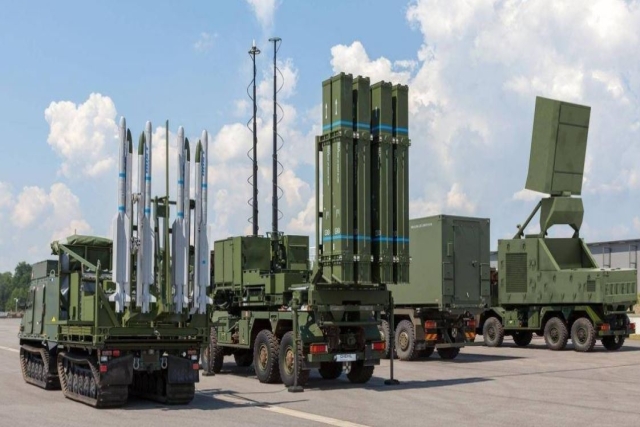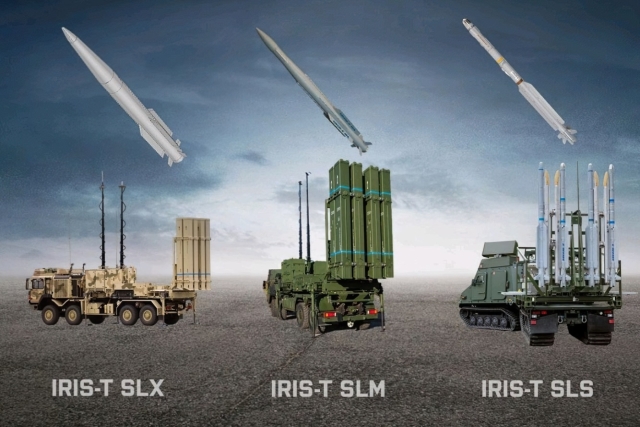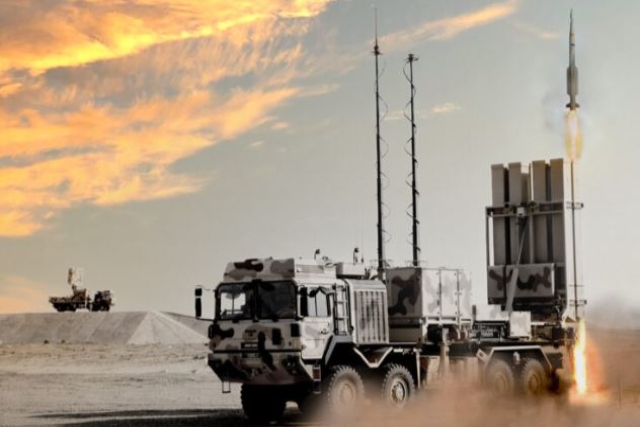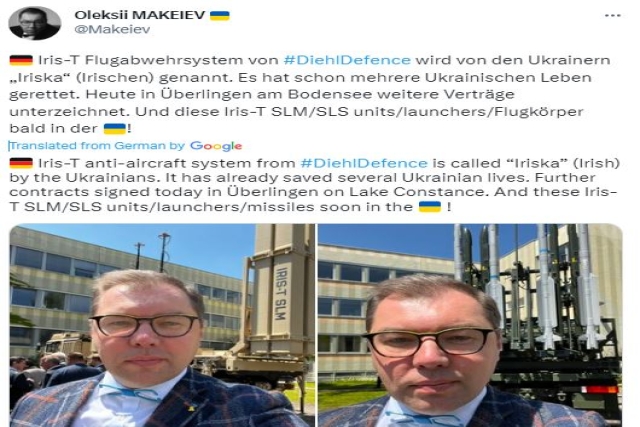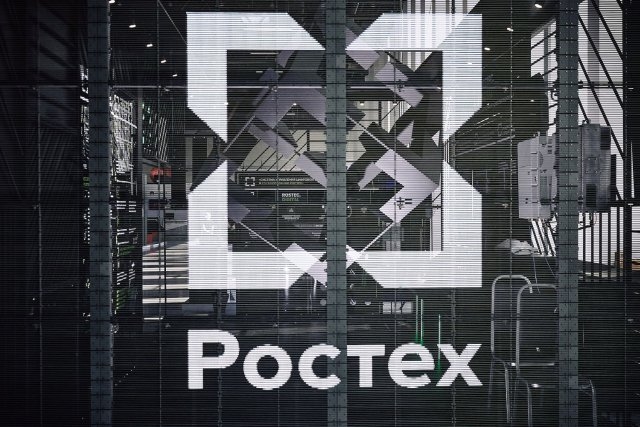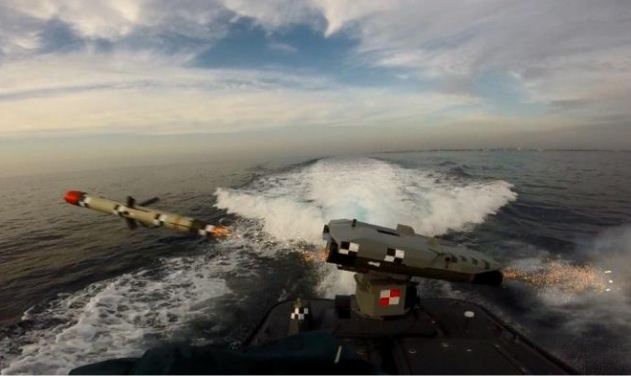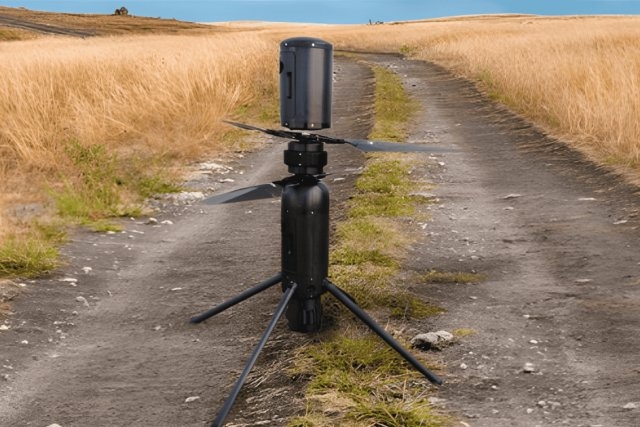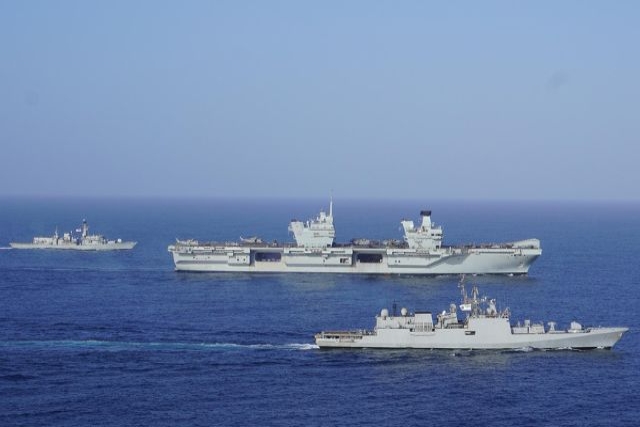Estonia, Latvia Sign Contract to Purchase IRIS-T SLM Air Defense System
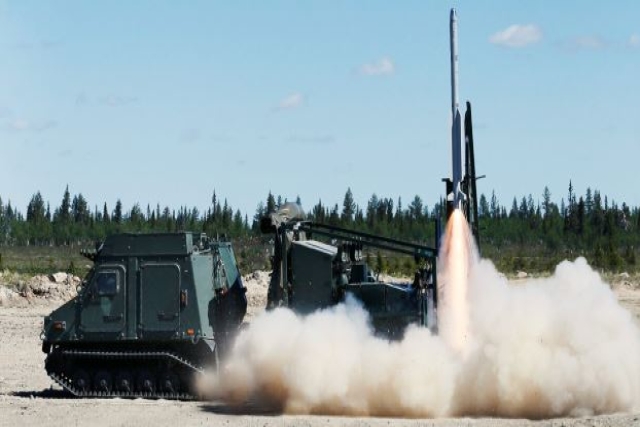
Estonia and Latvia signed a framework agreement with Diehl Defence for the acquisition of IRIS-T SLM medium-range ground-based air defense systems.
Magnus-Valdemar Saar, the Director General of the Estonian Centre for Defence Investments (ECDI), stated that the first IRIS-T SLM systems will be operational by 2025. Diehl Defence reported that the IRIS system achieved a close to 100% hit rate even during waves of attacks involving more than 12 targets.
The IRIS-T SLM is designed to counter threats posed by enemy aircraft, helicopters, cruise missiles, and drones within a range of up to 40 km and an altitude of up to 20 km. A complete IRIS-T SLM fire unit includes components such as a missile launcher, radar, and tactical operations center, complemented by support elements like workshop, spare parts, and reloading vehicles. The system is characterized by its high tactical mobility, deployability of the missile launchers, and the capability to engage multiple targets with low personnel requirements.
During their visit to Diehl Defence in Röthenbach, Germany, the Estonian and Latvian Ministers of Defence, Hanno Pevkur and Ināra Mūrniece, also signed a Letter of Intent (LoI) with the German Minister of Defence, Boris Pistorius, regarding their future participation in the European Sky Shield Initiative (ESSI).
ESSI is a project aiming to establish an integrated ground-based European air defense, originally initiated by Germany in August 2022. As of now, 19 European states have expressed their intention to join the project, led by 17 NATO countries, including Austria and Switzerland. During this ceremony, Estonia and Latvia became the first ESSI nations, after Germany, to sign agreements for IRIS-T SLM systems with Diehl Defence.
